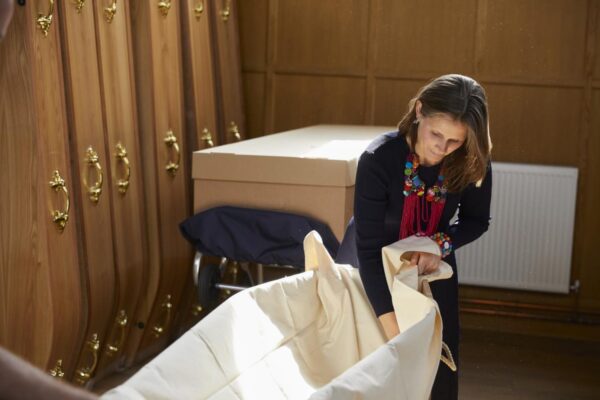If you have an interest in science and art, a career as an embalmer could be a perfect choice. Embalmers provide an essential service to society, preserving and preparing the bodies of the deceased for burial or cremation whilst showing compassion, respect and dignity.
Due to the complex and sensitive nature of the role, prospective trainee embalmers will need to be under the employment of a funeral home to provide them with the opportunity to enrol for this programme. Applicants will typically therefore already work within the funeral sector, for example, as a Funeral Services Assistant or Mortuary Assistant, before enrolment.
If you’re not currently working in the funeral sector, finding an employer to support embalmer training in England requires a proactive and professional approach. We would recommend researching and reaching out to local funeral homes, exploring opportunities to get into the sector in other entry roles as a foot in the door.
Those already working as an embalmer and wishing to upskill to meet the standards set by the British Institute of Embalmers
Those working in other roles within the funeral sector and interested in becoming an embalmer

An embalming apprenticeship (or trainee embalmer pathway) in the UK typically combines hands-on practical training with formal study, usually toward a qualification such as that offered by the British Institute of Embalmers (BIE).
If you’ve got a question get in touch with us today!